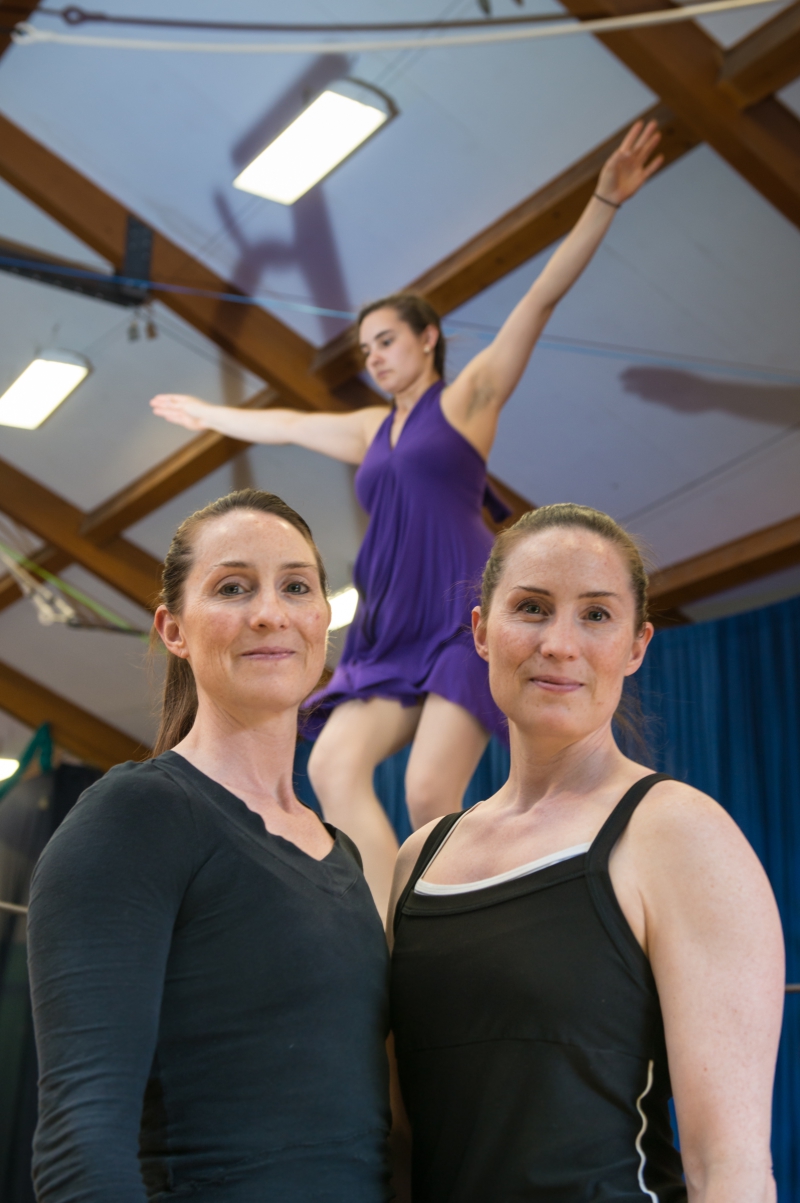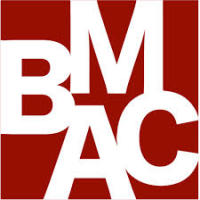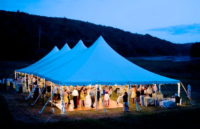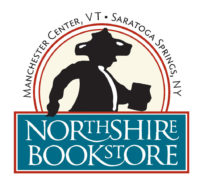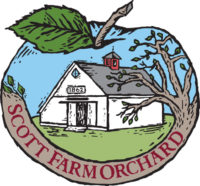NECCA sisters fuse business savvy, circus thrills
By Jon Potter
Photos by Jeffrey M. Lewis
Balance is a core value at a school whose curriculum boasts Trapeze, Teeterboard, and Acrobatics, and whose students are often found 10 feet off the ground, swinging from bars, beams, and fabrics.
But for Elsie Smith and Serenity Smith Forchion, identical twins and co-founders of the New England Center for Circus Arts in Brattleboro, commitment to balance is as important to business plans as it is to circus acts. And that, as a famous New Englander once said, has made all the difference.
No strangers to the limelight, Elsie and Serenity spent four years touring with Cirque du Soleil’s Saltimbanco and also performed with Ringling Bros. & Barnum & Bailey Circus, Circus of the Kids, the New Pickle Circus, Pilobolus, and more, winning awards in China and Spain for their spinning duo trapeze act — and winning fans and accolades everywhere else.
And they have also earned respect and admiration for their business savvy. Quite frankly, it’s a hard choice as to which type of praise means more.
“I think it depends on the day and the person,” says Elsie, who serves as artistic director of NECCA, which she and her sister established in 2007 and which has grown, appropriately enough, by leaps and bounds. Blossoming since the days of that initial class, NECCA this year will educate 6,000 students aged 18 months to more than 80 years. Their experience ranges from raw beginner to seasoned circus professional — revealing a world of wonder in between.
“As an artist, and maybe even more as a female artist, I appreciate how valuable it is to be understood as a good business person. We may be stereotyped as artists without business sense, but I really appreciate when people realize we have business sense,” Elsie adds.
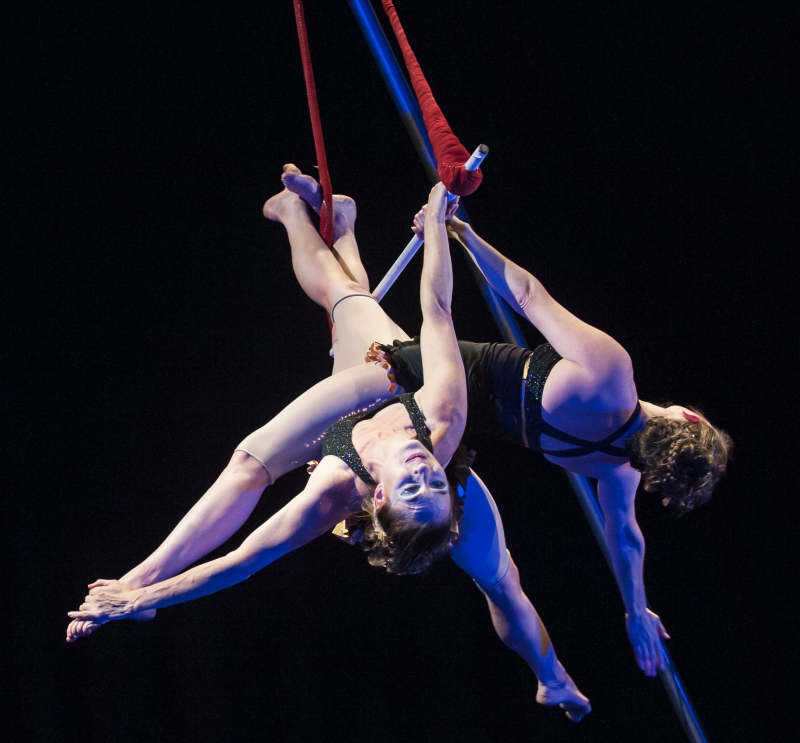 Balancing careers which still include performing and teaching all over the world, Elsie and Serenity are in business mode more than ever, with NECCA poised to take a big leap. After years of rapid growth into and beyond one rented space after another, NECCA is embarking on plans to build its own 15,000-square-foot, $2.5 million circus school on three acres on land on a strip of Putney Road just north of Downtown Brattleboro.
Balancing careers which still include performing and teaching all over the world, Elsie and Serenity are in business mode more than ever, with NECCA poised to take a big leap. After years of rapid growth into and beyond one rented space after another, NECCA is embarking on plans to build its own 15,000-square-foot, $2.5 million circus school on three acres on land on a strip of Putney Road just north of Downtown Brattleboro.
“We are actively working towards building a building. If anyone’s interested in helping us, they can contact us at necenterforcircusarts.org,” Elsie said.
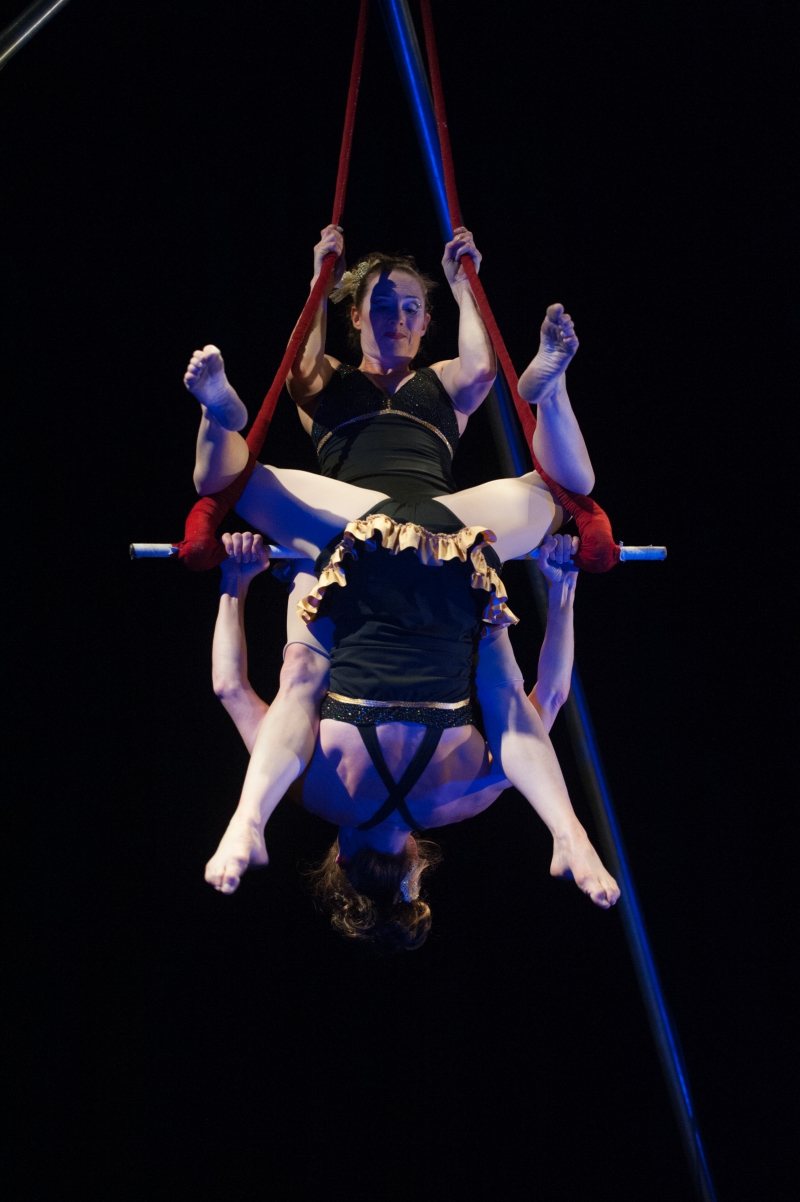 With any luck, the first shovels can move the first dirt on the new building this April, and the sisters aren’t missing a beat in hiring a managing director and running the circus school.
With any luck, the first shovels can move the first dirt on the new building this April, and the sisters aren’t missing a beat in hiring a managing director and running the circus school.
“It’s basically recognizing that as we have grown, there comes a time when we need to have people who know their stuff,” said Serenity. I think we’re doing a good job. But we are ready to go back to doing what only a few people in the world can do.”
 That includes performing at the highest level, and more and more to teaching circus — not only to performers but also to other teachers — and to developing curriculum. They just came back from an acrobatics symposium in London, where they shared what they knew alongside experts presenting the latest scientific findings on how the body works.
That includes performing at the highest level, and more and more to teaching circus — not only to performers but also to other teachers — and to developing curriculum. They just came back from an acrobatics symposium in London, where they shared what they knew alongside experts presenting the latest scientific findings on how the body works.
“I find myself bridging the gap between the two worlds of science and art,” said Serenity.
There’s that balancing act again, but how did it start? Where did Elsie and Serenity hone the skills not only to dazzle worldwide audiences 30 feet off the ground but also to be well grounded in the business of being artists? One of the first to recognize the sisters’ business acumen was Kurt Isaacson, executive director of the Brattleboro Development Credit Corporation, which was renting NECCA classroom and training space in Brattleboro’s Cotton Mill, an old industrial site converted into business and artistic incubator spaces. NECCA is still based there today.
In 2006, Isaacson knocked on the sisters’ door at the Cotton Mill and urged them to apply for the BDCC’s annual Business Plan Competition. Their first response was to tell him they weren’t a business but he persisted. They applied and won the $10,000 prize.
“I think we’re proving him right,” said Elsie.
That was a big piece in being accepted as business people. But the real roots of their business skills go father back — to the family farm Elsie and Serenity grew up on
“Homesteading” is the word the twins used for their childhood home in Huntington, Mass. Their father had a sawmill and drove a skidder. Their mother was a doctor, but life was basic. They raised animals and grew food. Elsie and Serenity were the oldest of five siblings.
“The older-sister mentality helps with running a business,” said Elsie. “We were always self-sufficient.”
And studious. The self-professed nerds enrolled at UMass-Amherst on academic scholarships, but were exposed to circus when they took summer apprentice jobs at the French Woods Festival of Performing Arts in Hancock, N.Y. Not long after, they had their first chance to soar on the flying trapeze, and they were hooked.
“It was terrifying and then the most exciting thing that had ever happened, all in five seconds,” said Serenity.
They honed their skills and quickly got jobs in circus. This was around 1989. Needless to say, the audience response was a big appeal for them.
“You don’t get applause for balancing your checkbook. The performing arts was our first experience with feedback,” said Serenity.
They also saw firsthand what could happen when you didn’t balance your checkbook — applause or no. Elsie and Serenity moved to San Francisco to work at a circus, only to see it go bankrupt for lack of a sound plan.
They picked up the pieces. Serenity helped found the San Francisco School of Circus Arts, and Elsie taught there. From the get-go, SFSCA was committed to the principle that tuition fees would sustain it.
“Elsie and I carried that when we started our own school,” said Serenity.
They moved to Brattleboro because their father had moved there and started Nimble Arts in 2003. That became the non-profit New England Center for Circus Arts in 2007. From the beginning, the business had to survive on class fees. Grants, fundraising and other sources of funding would support outreach efforts and scholarships.
One in six NECCA students receives some kind of scholarship help but the school itself would pay its own way. And they grew slowly, taking a market-driven approach and adding new classes based on what their students and the community told them they wanted.
“We have always grown a business from demand,” said Serenity.
Nimble Arts started in their father’s barn, but that was too cold in winter so they rented space for $10 an hour from a friend of his in Brattleboro’s Cotton Mill, an old industrial site converted into business and artistic incubator spaces. “From there,” recalled Serenity, “it just sort of snowballed.”
What was businesslike was not renting a giant space and opening up the doors. Instead, they rented first one studio in the Cotton Mill, then another and then another. They now hold seven leases in the Cotton Mill, as well as on the campus of the former Austine School. They have a staff of 40, including five full-time employees. And with that comes business challenges.
“Our main competitors are in countries that have socialized health care,” said Elsie. “We’re working on health care. It’s very much in our conversation.”
The sisters also saw what happens when individual performers don’t pay attention to the business end of being an artist. “It’s incredibly frustrating to watch someone with more talent than you have not get it,” said Elsie.
“I would define it as work ethic,” Serenity added. “Whatever you do, you have to work hard; you get up early, you save your money.”
Having seen colleagues not get it, they make sure their students, particularly those in professional-track programs, learn the business side of the arts.
“We help them write a résumé, write a short bio and a long bio. We make sure they have good photographs and a video of their acts,” said Serenity.
On the professional level, that work is paying off. NECCA graduates find work in top circuses worldwide and win top international honors.
And NECCA’s work is having a ripple effect locally. Elsie and Serenity said they are proud to make the case that the arts, in general, and NECCA in particular, are good for the local economy and part of Brattleboro’s vibrant creative community.
“Some of the teachers who came here have said this is a cool town and they want to live here,” said Elsie. “Probably 100 people now live in Brattleboro because of NECCA. Understanding who we are as an economic organization is intuitive to anyone who’s at the co-op at lunchtime.”
And they see their pending move to a new facility on Putney Road not just in terms of what it will do for them but what it will do for the town in bringing the arts and more diversity to the strip of businesses on Putney Road.
“I really wanted this feeling of rebuilding Brattleboro,” said Serenity. “And in doing so, further cementing the town’s reputation as a creative-sector Mecca.”
Elsie said, “I want to have Brattleboro be considered for circus the way Tanglewood is for music and Jacob’s Pillow is for dance.”


